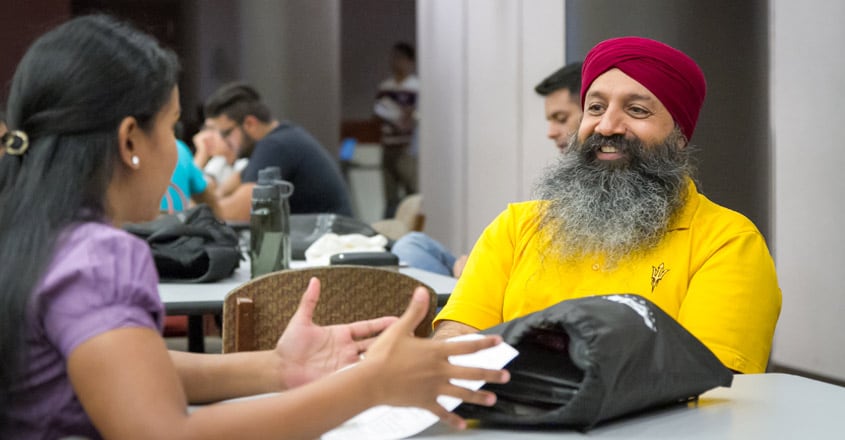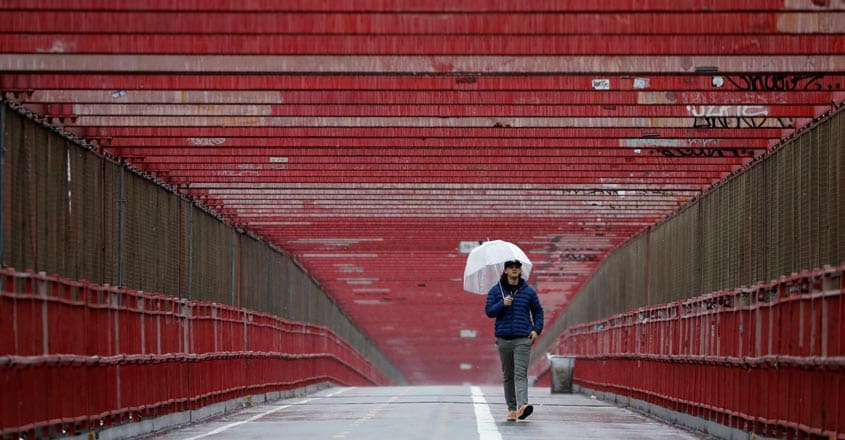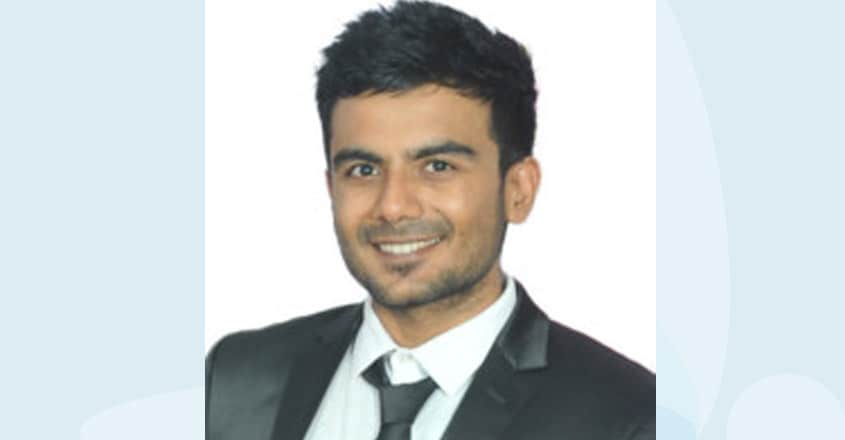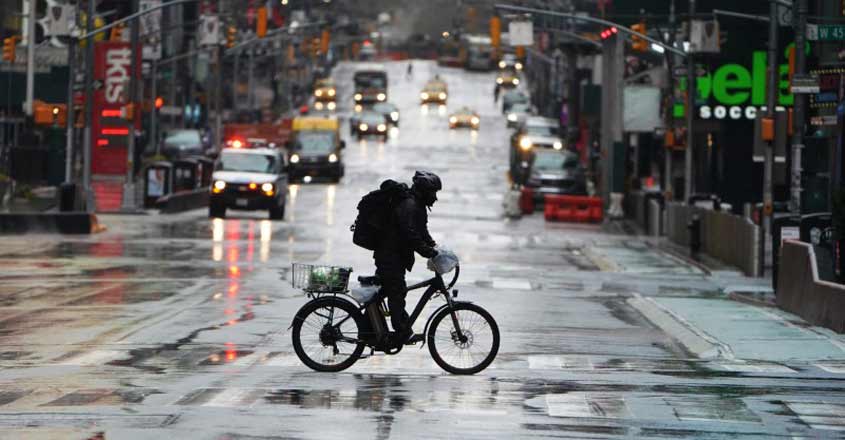Amidst Covid-19 outbreak, Indian students in the US tell parents: Don’t worry

Mail This Article
When times were good, the smell of jasmine rice and dal fry often filled the air at off-campus apartments housing Indian students in the United States. Today, the COVID-19 pandemic has disrupted their lives, impacted studies and left them in limbo.
“We know that international students may not be able to travel home at this time. As a former international student, myself, I empathize with this and know this feeling personally. Your student will be cared for and we will work to provide summer programming so that they have experiences that help them advance toward their degree,” said Holly Singh, Executive Director, International Center at Arizona State University, the nation’s largest public university.
ASU, the largest user of Zoom among Universities worldwide has transitioned most of its classes online. The transition was not easy for most American universities considering the transfer of entire course loads from a face-to-face format to an online format in a very short time.

“ASU students and faculty have shown flexibility and resilience as we transitioned to digital learning. Within the first week of remote classes, call/chat volume for technical support returned to normal, which signals that both students and faculty have transitioned to remote learning successfully,” Singh said.
If a student has travelled home “that does not mean they have dropped out. The university is open. Stay engaged and stay enrolled. Let us know what you and your students need to help them continue in their studies,” said Singh.
No impact on visa status

The conversion to remote learning and teaching does not affect visa status and immigration status will still be valid as long as students maintain full-time enrolment, as updated by the US Department of Homeland Security.
Indian students are concerned about the Optional Practical Training (OPT) status that allows them to get practical experience working in a US company. Details regarding the OPT are being worked out by government authorities.
ASU has 2,500 Indian students among over 2,02,000 Indian students currently studying in the US, according to the 2019 Open Doors Report on International Educational Exchange.
“The University is extremely supportive of the students' health and has moved all its classes online. The dorms and labs are still open and we are all practising social distancing,” said Ronak Tanna, President of the Indian Students' Association at ASU.
Summer courses

Alongside, several Universities in the US are now working hard to expand their summer courses. “Whenever a challenging circumstance arises, I always encourage students to adopt a positive mindset and look for opportunity. I would highly recommend students begin looking to the summer as a way of either getting ahead on your studies or taking advantage of an opportunity for hands-on learning,” Singh said.
For students who have already travelled home, Singh says that they should discuss their educational progress with their professors.
“If you are a parent of a student who is planning to enrol at a US university in the fall, at ASU you will be able to start your degree without interruption,” Singh said.
Despite the current global travel restrictions, he advises students to make sure that they have a valid travel signature on their I-20 before departing the U.S. And if their visa has expired by the time they plan to return to campus, they have to make sure they renew their visa before returning to the U.S.
Limiting travel

Meanwhile, students in residence halls in universities like the University of Houston (where the local county has issued a stay at home order) have to abide by stringent county rules that limit travel outside their dorms.
The Indian Student Association (ISA) at ASU is working with Indian communities outside the campus to ease students’ difficulties during this crisis. They have set up a Facebook portal where students in need of assistance including food, housing, travel support, immigration support etc. can make requests and be paired with a member of the community willing to help them.
Tanna is optimistic and urges parents back home “not to worry so much.” “It is understandable that they would be worrying given we are far away from home, but we are in a state that has a lesser spread of the virus and moreover, we are in good hands when it comes to University management.”
US Universities are also offering mental health and counselling services to students so that they can cope with the current COVID-19 crisis.
(Sarat Pratapchandran is a freelance writer based out of Houston, Texas. His website is www.lettersnatcher.com)

